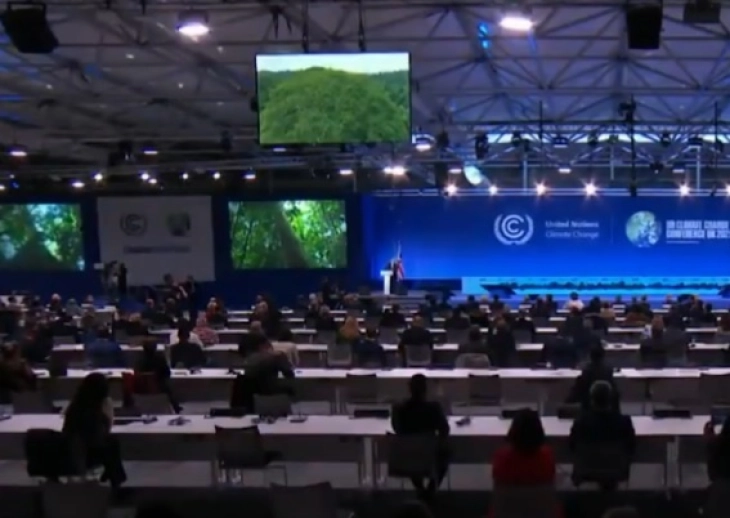Call to phase out coal, fossil fuel subsidies in latest COP26 draft

Glasgow, 13 November 2021 (dpa/MIA) - Calls on countries to accelerate the phase out of "unabated coal" and "inefficient fossil fuel subsidies" has survived into a new version of the deal a UN climate change conference that has already gone a day past its deadline.
The latest draft, published more than 13 hours after the COP26 UN climate summit in Glasgow, Scotland, was due to have finished, also requests countries "revisit and strengthen" their 2030 emissions-cutting targets by the end of 2022.
This is seen as key to keeping the goal of limiting global warming to 1.5 degrees Celsius (1.5C) beyond pre-industrial levels, beyond which the worst impacts of extreme weather and rising seas will be felt, within reach, although it does not specifically refer to the 1.5C goal.
It requests countries revisit the targets "as necessary to align with the Paris Agreement temperature goal by the end of 2022, taking into account different national circumstances."
In the Paris Agreement in 2015, countries committed to limit temperature rises to "well below" 2C and try to limit them to 1.5C to avoid the most dangerous impacts of storms, droughts, crop failures, floods and disease.
Scientists have warned that keeping temperature rises to 1.5C requires global emissions to be cut by 45 per cent by 2030, and to zero overall by mid-century.
But, despite countries being required to update their action plans, known as nationally determined contributions, for emissions cuts up to 2030 in the run-up to Glasgow, the latest pledges leave the world well off track to meet the goal.
Therefore, countries are under pressure to come up with a deal in Glasgow that will see them rapidly increase their ambition for emission cuts in the 2020s to stop the 1.5C goal slipping out of reach, as well as to provide the finance for developing countries to cope with the crisis.
It also urges developed countries to at least double their collective provision of climate finance to help developing nations adapt to climate change, from 2019 levels by 2025.
The historic reference to coal and fossil fuel subsidies has survived into the latest draft of the "cover decision" text for an overarching deal that countries are hoping to strike in Glasgow, despite expected pushback from some big producer and emitter nations.
It is the first time a climate change agreement of this kind specifically mentions coal or fossil fuels.
It calls on countries to accelerate technology and policies to shift towards low-emission energy systems, by scaling up clean power generation and energy efficiency, including accelerating efforts towards the phase-out of unabated coal power and inefficient fossil fuel subsidies.
But it also recognizes the need for support towards a "just transition," seen as important to protect those who might be hit by job losses or higher costs from the shift to clean energy.







